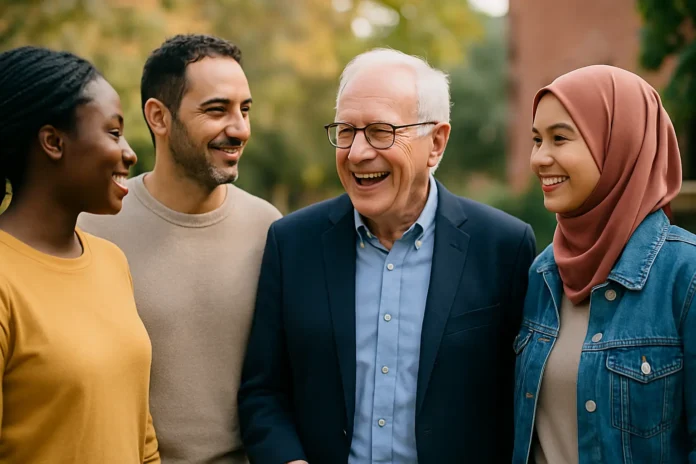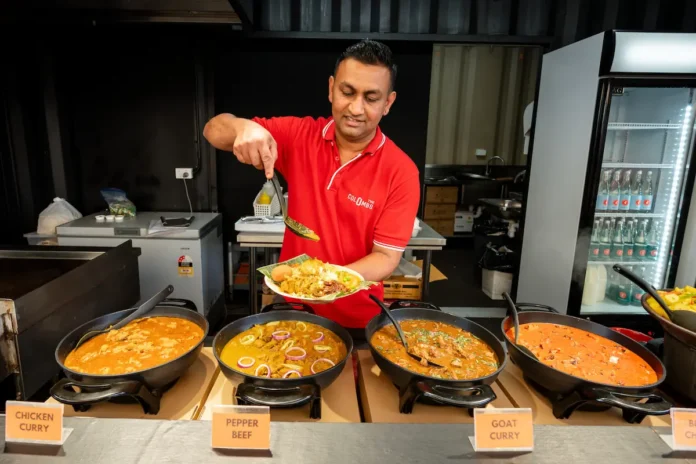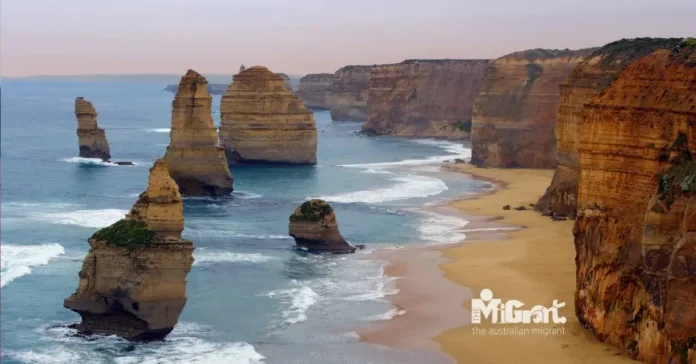Deciding to visit, work, study, or live in Australia requires understanding which visa best suits your specific needs. With over 77 different visa types available, navigating the options can feel overwhelming. This guide breaks down the primary visa categories for 2024, including new and updated visa options that apply to tourists, students, workers, family members (including parents, partners, and carers), and business investors.
The information provided here is intended as a general guide. For the most accurate and up-to-date details, visit the Australian Department of Home Affairs or consult a registered migration agent.
Visa Options for 2024
1. Visitor and Tourist Visas
- eVisitor (subclass 651): Ideal for short stays for tourism, business visitor activities, or visiting family and friends. Valid for up to three months per entry, free of charge, and must be applied for from outside Australia.
- Electronic Travel Authority (ETA) (subclass 601): For passport holders from specific countries, including the U.S., U.K., and several European nations, offering similar privileges to the eVisitor visa. Can be obtained online with a small service fee.
- Visitor Visa (subclass 600): Designed for those who want to visit Australia for tourism, family visits, or short-term business activities. Various streams, such as the Tourist Stream (up to 12 months), Sponsored Family Stream, and Frequent Traveller Stream, cater to different needs.
2. Family Visas (Including Parent, Partner, and Carer)
- Parent Visa (subclass 103): A permanent visa for parents of Australian citizens, permanent residents, or eligible New Zealand citizens. Applicants must meet the balance of family test and have an eligible sponsor.
- Contributory Parent Visa (subclass 143): A permanent visa with a shorter processing time compared to the Parent Visa, but with a higher application fee. It allows parents to stay in Australia permanently with access to Medicare and work rights.
- Contributory Parent (Temporary) Visa (subclass 173): A temporary visa that allows parents to stay in Australia for up to two years, with the option to apply for a permanent Contributory Parent Visa (subclass 143) later.
- Sponsored Parent (Temporary) Visa (subclass 870): Allows parents to stay in Australia for up to three or five years, depending on the visa option chosen, with a cumulative maximum stay of ten years. An approved Parent Sponsor is required.
- Partner Visas (subclasses 820/801 and 309/100): For partners of Australian citizens, permanent residents, or eligible New Zealand citizens. Applicants must demonstrate a genuine and ongoing relationship. The visa includes both temporary (subclasses 820 and 309) and permanent (subclasses 801 and 100) pathways.
- Prospective Marriage Visa (subclass 300): For individuals planning to marry their Australian partner. This temporary visa is valid for nine months, allowing the holder to marry their partner in Australia and then apply for a Partner Visa.
- Carer Visa (subclass 836): A permanent visa for those in Australia caring for a relative with a long-term or permanent medical condition. The applicant must be sponsored by the relative.
- Carer Visa (subclass 116): Similar to the Carer Visa (subclass 836), but applicants must be outside Australia at the time of application and decision.
3. Student and Training Visas
- Student Visa (subclass 500): For individuals enrolled in full-time study at an Australian educational institution. Allows part-time work (up to 48 hours per fortnight) and the ability to include family members in the application.
- Student Guardian Visa (subclass 590): For guardians of international students under 18 years old (or over 18 in special circumstances). Allows the guardian to stay in Australia while caring for the student, with limited work rights and the ability to study for up to three months.
- Training Visa (subclass 407): For those undergoing workplace-based training or professional development. This visa is temporary and valid for up to two years, with options to travel in and out of Australia.
4. Working and Skilled Visas
- Skilled Independent Visa (subclass 189): A points-tested visa for skilled workers who are not sponsored by an employer, state, or family member. This visa grants permanent residency with work rights.
- Skilled Nominated Visa (subclass 190): For skilled workers nominated by an Australian state or territory. Applicants must meet points-based criteria and lodge an Expression of Interest (EOI) via SkillSelect.
- Temporary Skill Shortage Visa (subclass 482): Allows employers to sponsor skilled workers to fill positions in Australia temporarily. The visa has different streams, including short-term, medium-term, and labor agreement streams.
- Employer Nomination Scheme Visa (subclass 186): A permanent visa for skilled workers nominated by their employer under the Direct Entry or Temporary Residence Transition streams.
- Temporary Graduate Visa (subclass 485): For recent graduates of Australian institutions. The visa has two streams: the Graduate Work Stream (up to 18 months) and the Post-Study Work Stream (up to four years), depending on qualifications.
- Temporary Work (Short Stay Specialist) Visa (subclass 400): For short-term, highly specialized work. Valid for up to three months, with extensions possible in certain cases.
5. Business and Investment Visas
- Business Innovation and Investment (Provisional) Visa (subclass 188): A temporary visa for business owners, investors, and entrepreneurs wishing to establish or manage a business in Australia. Different streams cater to various business and investment levels.
- Business Innovation and Investment (Permanent) Visa (subclass 888): For holders of the provisional visa (subclass 188) who meet the criteria for permanent residency in Australia.
- Business Talent (Permanent) Visa (subclass 132): For high-caliber business owners or entrepreneurs with a track record of success and funding to establish a business in Australia. Includes the Significant Business History and Venture Capital Entrepreneur streams.
- Investor Visa (subclass 891): For individuals who have held a provisional Investor visa (subclass 162) and maintained a qualifying investment in Australia. Grants permanent residency.
- Distinguished Talent Visa (subclass 858): A permanent visa for individuals who have an internationally recognized record of exceptional and outstanding achievement in a profession, sport, the arts, or academia and research.
General Guidelines and Important Reminders
- Check Eligibility: Ensure you meet all the requirements for the visa you are applying for, including age, health, character, and financial requirements.
- Passport Validity: Your passport must be valid for at least six months beyond your intended stay.
- Stay Updated: Visa requirements, fees, and conditions are subject to change. Regularly check the Australian Department of Home Affairs website.
- Consider Health and Travel Insurance: It’s recommended to have health or travel insurance to cover potential medical or travel expenses.
- Financial Preparedness: Ensure you have adequate funds to support yourself and any dependents while in Australia.
For personalized advice or assistance with your application, consider contacting a registered migration agent. You can search for registered agents on the MARA website.
Final Thoughts
Understanding which visa is right for you in 2024 can open doors to new opportunities in Australia, whether for travel, work, study, or family reunification. Stay informed, prepared, and proactive in your application process to make your Australian journey a reality.
Looking to apply for an Australian visa or explore migration opportunities? We can connect you with a trusted Registered Migration Agent who specializes in student, skilled worker, partner, family, and visitor visas. Whether you're planning to study, work, or settle in Australia, they’ll guide you through every step of the process. Send your inquiries to themigrant.au@gmail.com, and we’ll help you get in touch with the right experts for your visa and migration needs!





